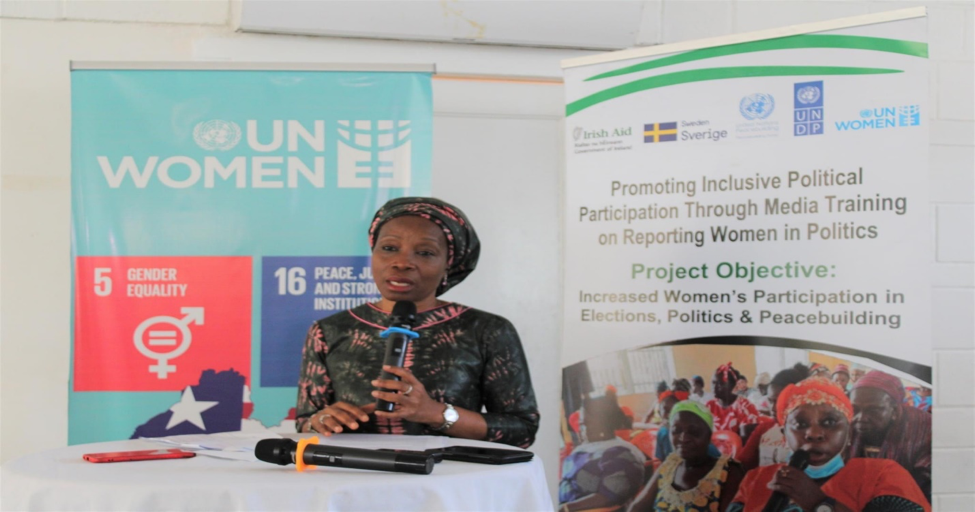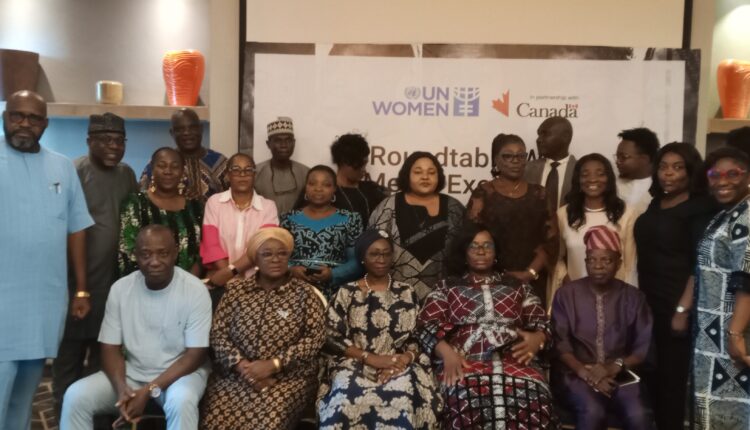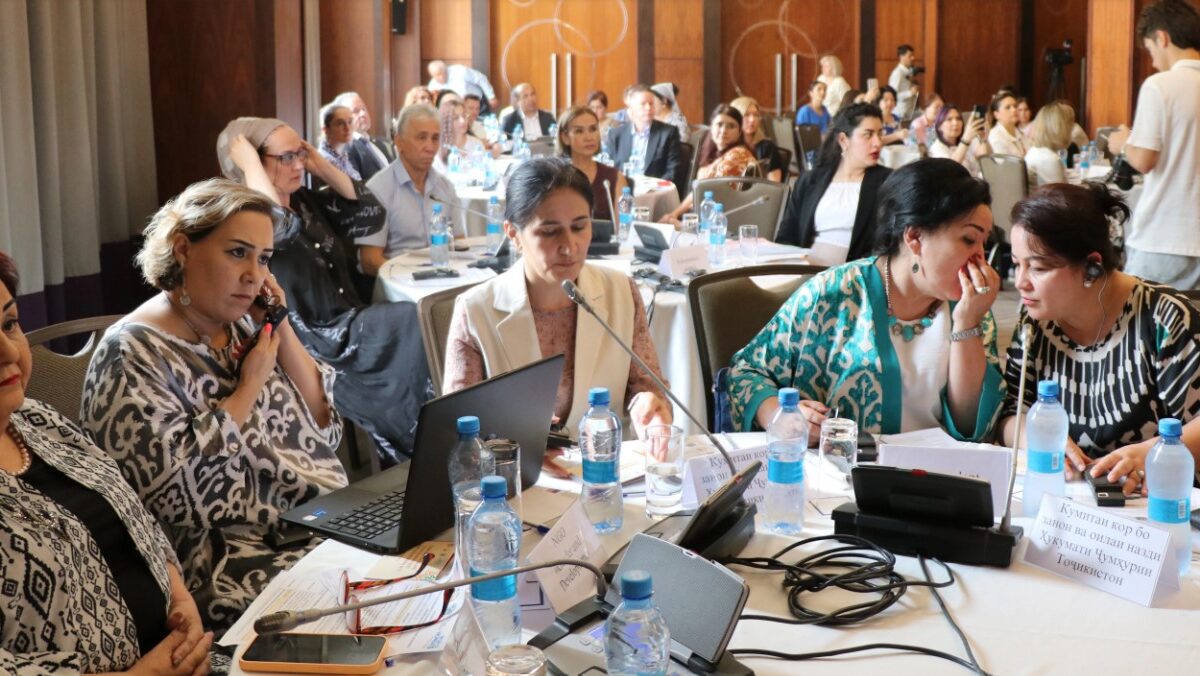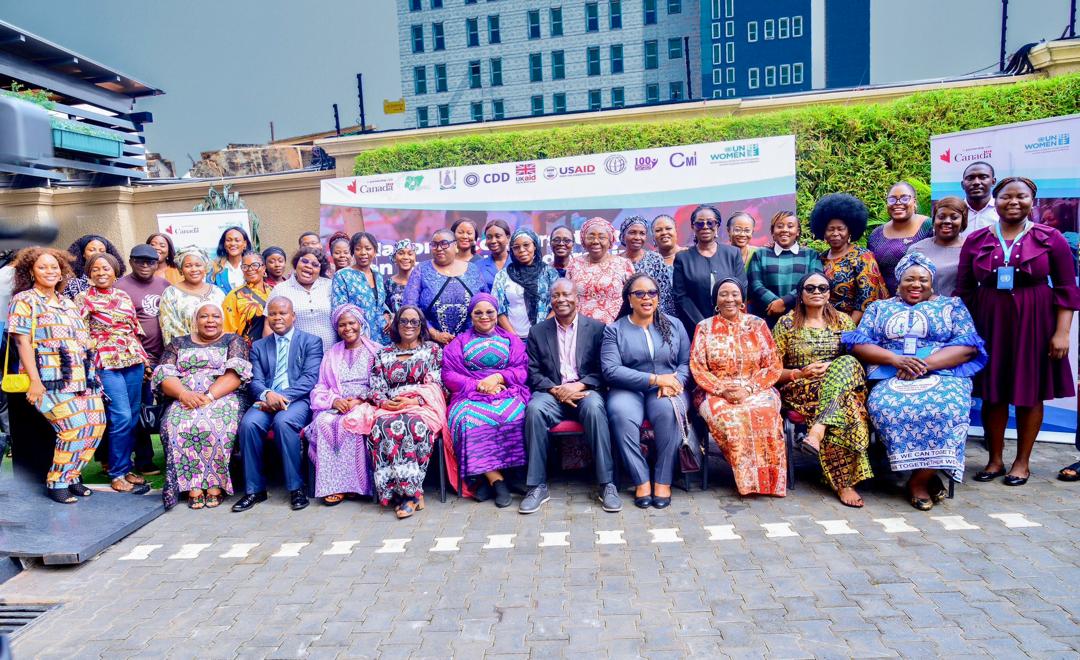UN women partners media on gender-responsive reporting — Issues — The Guardian Nigeria News – Nigeria and World News
- Uncategorized
- No Comment
- 181

As part of activities to mark the 16-day activism on Violence Against Women and Girls (VAWG) and also to advance advocacy for equal opportunity and women’s empowerment, the United Nations have charged media professionals to engage in gender-responsive reporting to prevent VAWG.
This was the thrust of the UN Women maiden media conference held in Abuja earlier in the week targeted at creating a work plan and scorecard in changing the narrative around women’s issues through electronic, print and digital media. The conference was also used to re-assess the efforts so far towards bringing women’s issues to the front burner and changing the narrative around myths and social norms that are barriers to gender equality.
Resident Coordinator, UN, Matthias Schmale, in a keynote address, said the media could bring women’s issues to the front burner and amplify the voice of gender advocacy for women’s empowerment.
“We believe that the media can help dismantle harmful traditions and social norms that impede equal opportunity, justice and fairness and promote violence against women and girls. The executive, legislative and judicial arms of the government will enforce gender-responsive laws if the media insists. Your power as media is limitless. Justice for survivors of gender-based violence will not be denied or delayed if the media closely monitors the judiciary,” Schmale said.
He noted that the media play a critical role in achieving Agenda 2030, which includes ensuring that citizens are well informed to enable them form opinions based on facts.
“As the UN, we remain firmly committed to gender equality and women’s empowerment in achieving SDG 2030 targets, and we need the media to get this done,” he added.
In her remarks, the UN Women Country Representative to Nigeria and ECOWAS, Beatrice Eyong, harped on UN Women’s four thematic areas — gender and participation in public life; women’s economic empowerment; women’s peace and security and humanitarian action and elimination of violence against women and girls.
She stated that the body partners with the government, Civil Society Organisations (CSOs) and donors to advocate for increased representation of women in leadership at the communal, local council, state and federal levels.
To media development advocate and Executive Director, International Press Centre, Lanre Arogundade, noted that the conference was apt as it brought women and girls issues to the table, adding that there would be a media scorecard to measure media commitment and contribution to gender equality and women’s empowerment, including efforts to curb VAWG.
On her part, veteran journalist and broadcaster, Moji Makanjuola, stressed that gender-responsive media reports were key to shaping society and giving women the opportunity to serve.
“We keep talking about countries like Rwanda. First, it must be about governance and we must be on the drawing table. When we are talking about skills, when the men do their thing and there is an insurgency or war, it’s the women who suffer. And when we want to come to a conclusion to put an end to insurgency and address ourselves, you find out that there is no woman on that table. We have our peculiarities that must be addressed.”
“A woman in distress is a nation in distress. A woman who is unable to access healthcare at the time she needs it is a nation in distress. We cannot say we are talking about national development and we are just talking about half of the society. There is a need for us to close the gap in education, economy and various sectors and the time to do it is now,” she said.
Executive Director, Women in Media Development and President, Female Journalist Association of Liberia, (FeJAL), Siatta Scott-Johnson, also said: “We are the watchdog of the society and women and girls are a part of this society. Issues of VAWG are personal stories that affect people’s lives and we should take it more seriously. GBV issues are not breaking news but stories that are personal and should be given that touch.”
By Ijeoma Thomas-Odia





